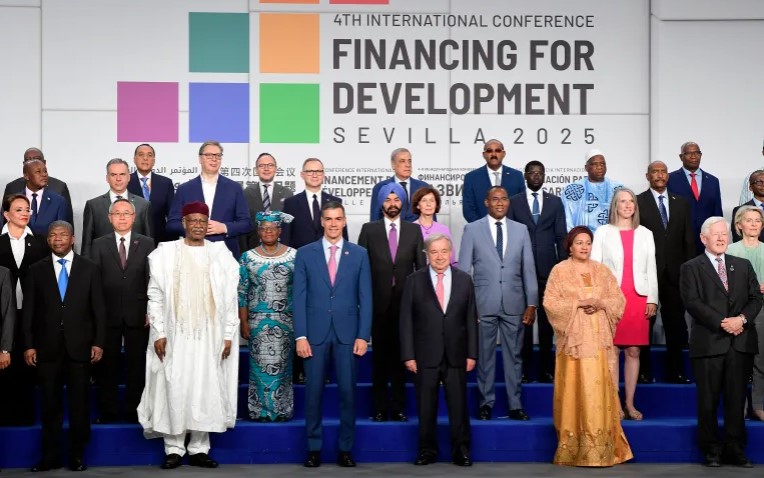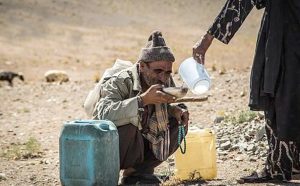
Seville, Spain —
The Fourth Financing for Development (FFD) Conference in Seville concluded with mixed outcomes, as Oxfam International called for stronger commitments from wealthy nations to address global inequality, debt crises, and gender justice.
According to Hernan Saenz, Oxfam’s Global Policy Lead for FFD, the Seville conference marked an important step in the global effort to fight inequality and reform international debt systems under the United Nations framework. Saenz emphasized that while the conference exposed significant challenges in achieving the Sustainable Development Goals (SDGs), it also opened new opportunities for international coalitions to pursue wealth taxation and social investment.
“Seville was a key moment in an ongoing journey to fight inequality, achieve gender justice, and reform the international debt architecture under the UN,” Saenz said. “The conference paved the way for governments to build coalitions to tax the super-rich and finance care systems, placing equality, democracy, and sustainability at the core of global efforts.”
Oxfam, however, criticized the Compromiso de Sevilla, the conference’s main declaration, for lacking ambition. Saenz noted that rich countries avoided meaningful action on the growing debt crisis and continued to prioritize private finance over public investment.
Oxfam’s latest research revealed that the wealth of the world’s top one percent has surged by more than $33.9 trillion since 2015—an amount that could end annual poverty 22 times over. Despite this, over three billion people continue to live in countries where debt repayments surpass spending on essential services like education and health.
In a positive development, Oxfam welcomed the formation of a new global alliance to tax the super-rich, spearheaded by Spain and Brazil, and supported by South Africa and Chile. The organization also praised the launch of a new care financing initiative led by Brazil, Mexico, and Colombia, aimed at funding social care systems that could reduce extreme inequality, particularly for women and girls.
However, Oxfam raised serious concerns about the restricted participation of civil society organizations during the conference. “Civil society is the backbone of democracy. The UN was built to defend human rights. If it gives in to the global trend of shrinking civic space, it will seriously undermine its legitimacy,” Saenz warned.
Oxfam reaffirmed its support for the Global Alliance Against Inequality’s Calls for Action following the Seville conference.




